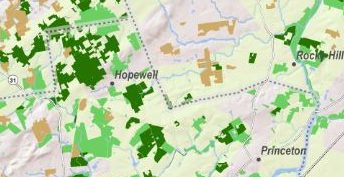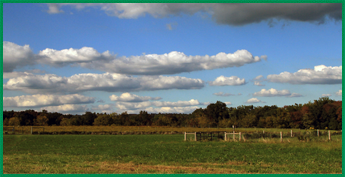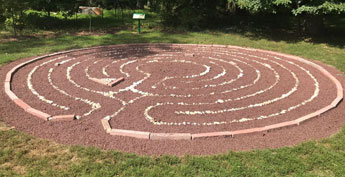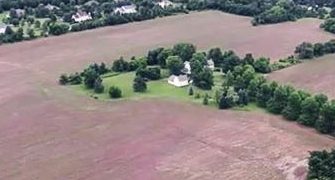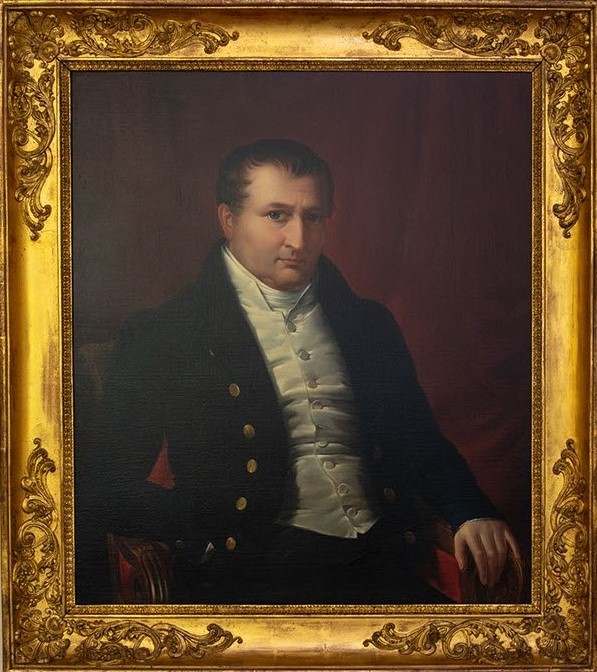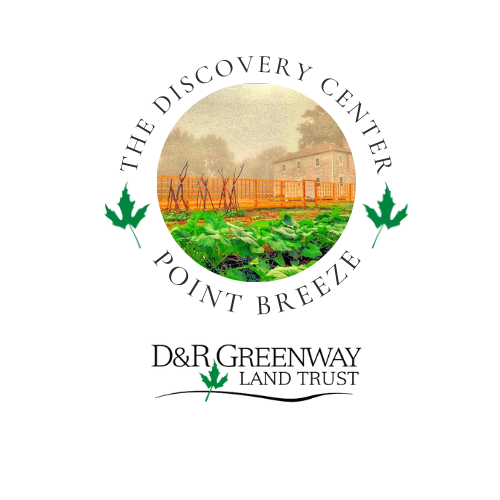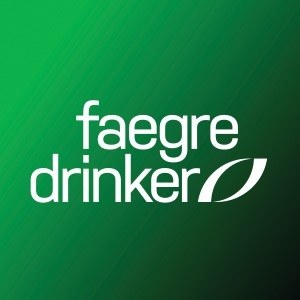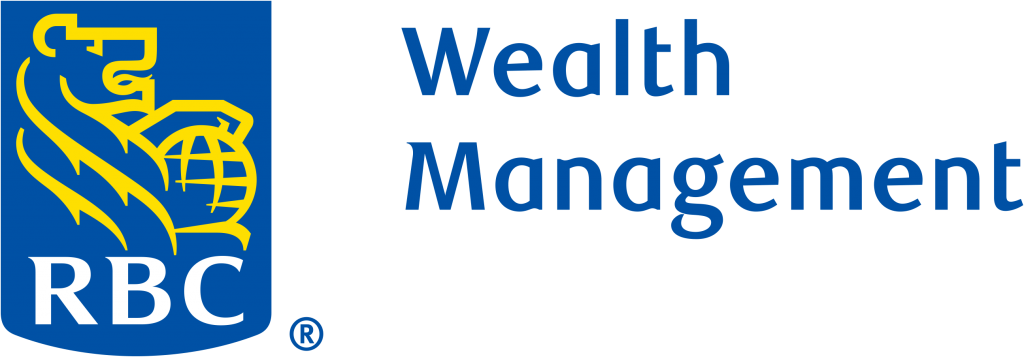Join Dr. Richard Veit
on Bastille Day
Sunday, July 14
2:00 pm – 3:00 pm
The Discovery Center at Point Breeze
101 Park Street, Bordentown
FOR IMMEDIATE RELEASE:
Dr. Richard Veit, professor of anthropology at Monmouth University, will speak on July 14th at the historic Discovery Center at Point Breeze, 101 Park Street, in Bordentown, NJ. This event celebrates Bastille Day and the French connection of the Bonaparte family to Point Breeze.
To register please email info@drgreenway.org or call 609-924-4646
While admission to the event is free, a suggested $10 donation is greatly appreciated and can be made at drgreenway.org. A donation for this event provides the donor with a Point Breeze souvenir. All donations go towards events and exhibits showcased at the Discovery Center at Point Breeze.
What is Bastille Day? Similar to the 4th of July for Americans, the celebration for freedom and independence is commemorated by fireworks, parties, and parades. Bastille Day marks the beginning of the French Revolution. Thus, the Bastille became a symbol of the end of the ancien régime.
Dr. Richard Veit, Ph.D., Registered Professional Archaeologist & Professor of Anthropology at Monmouth University, has conducted multiple archeological digs around the Point Breeze property and will be talking about his findings as well as the history of the estate.
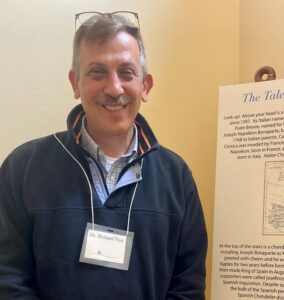 Veit is a historian with a deep interest in New Jersey archeology, who enthralls audiences with his descriptions of what took place on the land hundreds of years ago. He is a member of the Archaeological Society of New Jersey and has worked on multiple historical projects around the state. Through archeological digs at Point Breeze, Veit has uncovered artifacts from the time of Lenape hunters and fishers through the 20th century. At the Bastille Day event, attendees will learn about the different artifacts found as he weaves together the stories of two archeological digs that connect Point Breeze in Bordentown to France through the Bonaparte family.
Veit is a historian with a deep interest in New Jersey archeology, who enthralls audiences with his descriptions of what took place on the land hundreds of years ago. He is a member of the Archaeological Society of New Jersey and has worked on multiple historical projects around the state. Through archeological digs at Point Breeze, Veit has uncovered artifacts from the time of Lenape hunters and fishers through the 20th century. At the Bastille Day event, attendees will learn about the different artifacts found as he weaves together the stories of two archeological digs that connect Point Breeze in Bordentown to France through the Bonaparte family.
Point Breeze was home to Joseph Bonaparte, Napoleon’s brother and exiled King of Spain, from 1816 – 1839. Bonaparte fled Europe after his brother was defeated at the Battle of Waterloo and eventually settled in New Jersey. At one point, Bonaparte owned around 2,200 acres in and around Bordentown City. Dr. Veit, in partnership with the Divine Word Missionaries and D&R Greenway Land Trust, conducted excavations around the site of Bonaparte’s first mansion and behind the gardener’s house that is now open to the public, exhuming artifacts, some of which are on display at the Discovery Center.
“I’m very excited to host Dr. Veit and learn the story behind his discoveries,” said Melanie Mead, the manager at the Discovery Center at Point Breeze. “This will be a special day when attendees can both hear about and see artifacts from Joseph Bonaparte’s first mansion, that was destroyed by fire in 1820.”
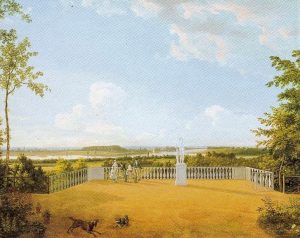 Point Breeze sits at the confluence of the Delaware River and Crosswicks Creek and is just south of the Abbott Marshlands. The Discovery Center at Point Breeze, which is managed by D&R Greenway Land Trust, is the historic home of Joseph Bonaparte’s gardener. The estate acted as an American refuge for the former king of Spain and has now partly become a museum to Bonaparte and the thousands of years of history of the area. Exhibits include the Crown Jewels Gallery, an exhibit on the Lenape Nation, archeological displays, and a natural history room. The air-conditioned museum is open noon to 4:00 pm Saturdays and Sundays and will be open on Monday afternoons during July and August. Those who wish to tour the museum before or after the event are encouraged to do so.
Point Breeze sits at the confluence of the Delaware River and Crosswicks Creek and is just south of the Abbott Marshlands. The Discovery Center at Point Breeze, which is managed by D&R Greenway Land Trust, is the historic home of Joseph Bonaparte’s gardener. The estate acted as an American refuge for the former king of Spain and has now partly become a museum to Bonaparte and the thousands of years of history of the area. Exhibits include the Crown Jewels Gallery, an exhibit on the Lenape Nation, archeological displays, and a natural history room. The air-conditioned museum is open noon to 4:00 pm Saturdays and Sundays and will be open on Monday afternoons during July and August. Those who wish to tour the museum before or after the event are encouraged to do so.
Dr. Richard F. Veit currently serves as Provost and Senior Vice President for Academic Affairs for Monmouth University, and is a Professor of Anthropology in the Wayne D. McMurray School of Humanities and Social Sciences. An experienced academic leader, he also previously served as Associate Dean of the Wayne D. McMurray School of Humanities and Social Sciences.
He received his B.A. from Drew University in 1990, his M.A. in Historical Archaeology from the College of William and Mary in 1991 and his Ph.D. in Anthropology from the University of Pennsylvania in 1997. In 2007 he was the recipient of Monmouth University’s distinguished teacher award and in 2012 he received Monmouth University’s Donald Warnecke Award for outstanding university service. At Monmouth he teaches courses on archaeology, historical archaeology, New Jersey history, Native Americans, and historic preservation. He has authored or co-authored numerous articles and reviews and five books including Digging New Jersey’s Past: Historical Archaeology in the Garden State (Rutgers Press 2002), New Jersey Cemeteries and Tombstones History in the Landscape (co-authored by Mark Nonestied, Rutgers Press 2008), New Jersey: A History of the Garden State (co-authored with Maxine Lurie, Rutgers Press 2012), Historical Archaeology of the Delaware Valley (co-edited with David Orr, U. Tennessee Press 2014) and The Archaeology of American Cemeteries and Gravemarkers (co-authored with Sherene Baugher, U. Florida Press, 2014).
His first book, Digging New Jersey’s Past, received awards from the New Jersey Historic Preservation Office, New Jersey Academic Studies Alliance, and the New Jersey Center for the Book at Rutgers University. Two of his books, Digging New Jersey’s Past and New Jersey: A History of the Garden State are listed on the New Jersey State library’s 101 Great New Jersey books list. He serves on the New Jersey Historical Commission and on the boards of the Council for Northeast Historical Archaeology, Crossroads of the American Revolution, and the Archaeological Society of New Jersey. He is the President of the Middle Atlantic Archaeological Conference. His work research has been featured on NPR, in Archaeology Magazine and at TEDx Navesink in 2014.

